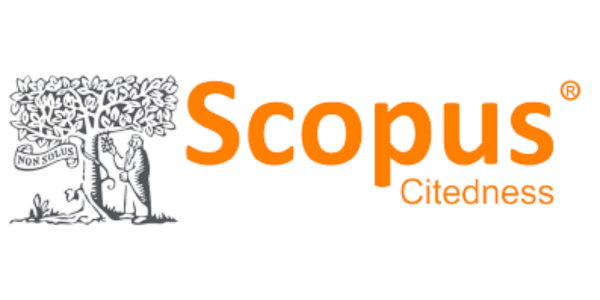Focus and Scope
Focus
Dinamika Penelitian: Media Komunikasi Penelitian Sosial Keagamaan focuses on community-based socio-religious research in Muslim societies, particularly studies that examine Islamic perspectives, social transformation, and community development through empirically grounded research and community engagement.
The journal prioritizes research that is field-based, impact-oriented, and methodologically rigorous, including studies derived from community service, participatory action research, and applied social research within Muslim communities.
Scope
Within this focus, the journal welcomes multidisciplinary and interdisciplinary studies that address socio-religious issues in Muslim contexts, including but not limited to:
- Islamic studies and contemporary Muslim societies
- Community development and empowerment in Muslim societies
- Participatory action research and community-based methodologies
- Islamic perspectives on social change and development
- Media and communication in socio-religious contexts
- Education and social transformation in Muslim communities
- Public policies related to community empowerment and development
All submissions must demonstrate a clear connection to community-based socio-religious issues and provide theoretical, empirical, or practical contributions to the advancement of knowledge and community development.








